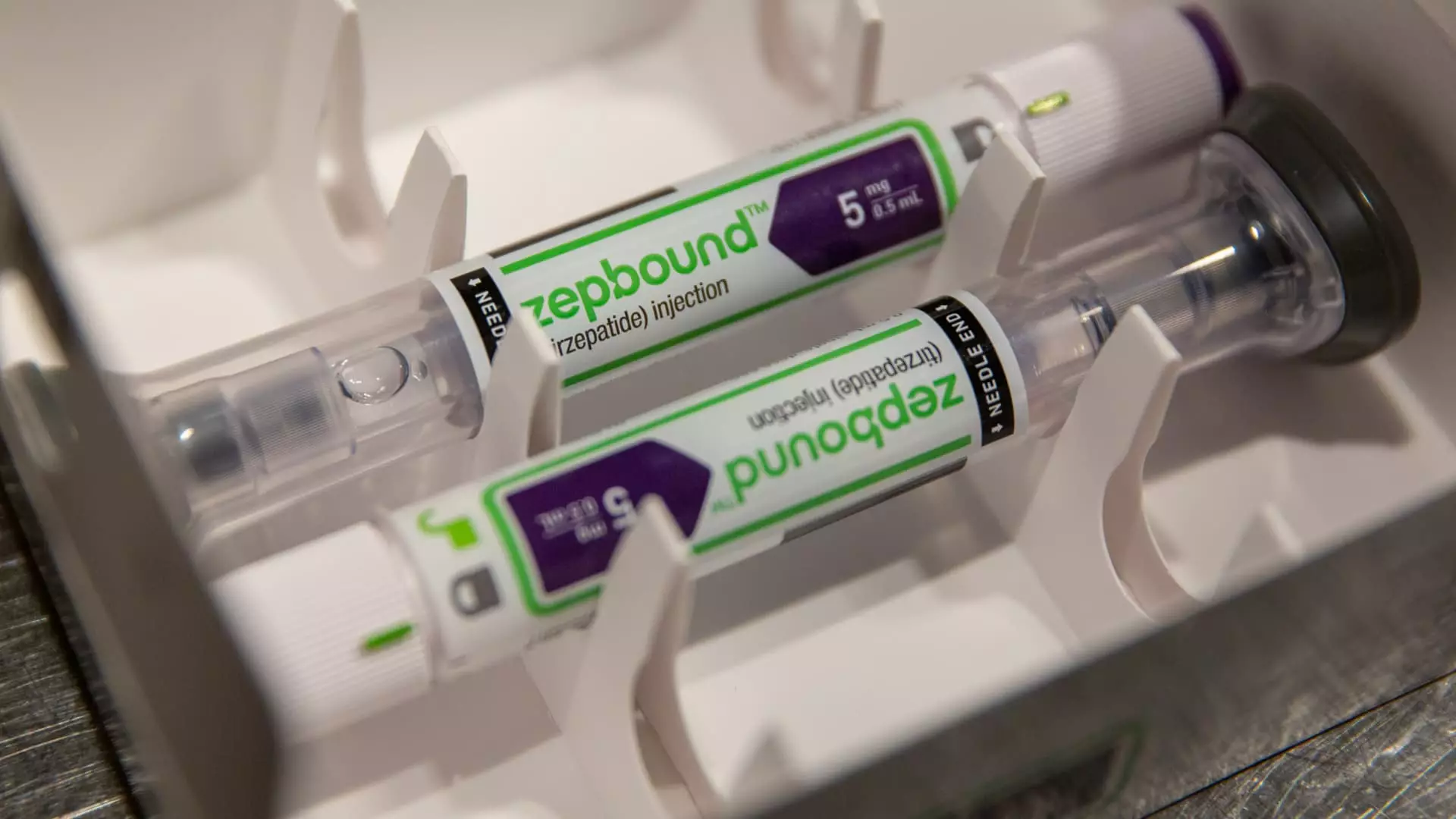Eli Lilly’s weight-loss drug, Zepbound, has shown promising benefits in patients suffering from a common type of heart failure and obesity. The late-stage trial data released by the company indicates that Zepbound, along with other popular GLP-1 drugs, may have additional health benefits beyond weight loss and blood sugar regulation. This could potentially lead to broader insurance coverage for these treatments.
Significant Findings
Patients who participated in the trial and took Zepbound were found to be 38% less likely to be hospitalized or experience fatal heart complications. Additionally, they were less likely to require an increase in their heart failure medication compared to those who received a placebo. Zepbound also showed significant improvements in heart failure symptoms and physical limitations, as noted by Eli Lilly.
The trial followed over 700 patients with heart failure with preserved ejection fraction (HFpEF) and obesity for a median of two years. Some of the patients also had diabetes. HFpEF occurs when the heart is unable to pump enough blood to meet the body’s needs, resulting in various symptoms and physical limitations that impact daily life. Eli Lilly estimates that almost half of all heart failure cases involve HFpEF, with nearly 60% of affected patients also dealing with obesity.
The safety data regarding Zepbound was found to be consistent with previous trials involving the drug. The most common side effects reported were gastrointestinal in nature, such as nausea and diarrhea, and were generally mild to moderate in severity. The company plans to present this data at an upcoming medical meeting and submit it to a peer-reviewed journal.
Eli Lilly intends to submit the results from the phase three trial to regulatory agencies in the U.S. and other countries later this year. The company’s main competitor in the GLP-1 market, Novo Nordisk, has also made strides in this area. They recently submitted an application for their weight-loss drug, Wegovy, for treating patients with HFpEF. The FDA has already approved Wegovy for reducing the risk of serious heart complications.
Both Eli Lilly and Novo Nordisk are conducting studies on their respective drugs in patients with various conditions, such as chronic kidney disease and fatty liver disease. The mechanism of GLP-1 drugs involves mimicking gut hormones to suppress appetite and regulate blood sugar. Zepbound, in particular, targets both the GLP-1 and GIP hormone receptors, while Wegovy focuses solely on GLP-1. These advancements highlight the potential for innovative treatments in addressing heart failure and obesity-related issues.

